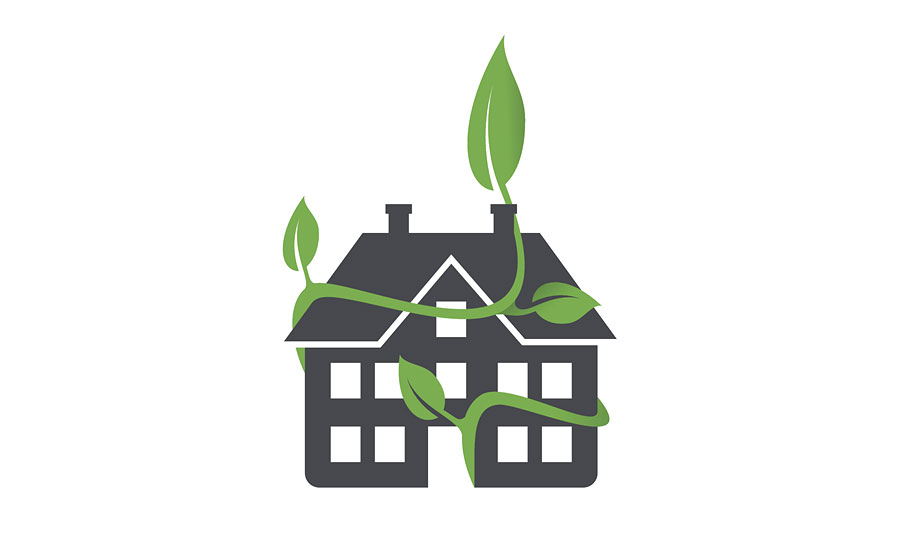Plumbing, building codes adopt NSF standard for water reuse systems

To help address water scarcity and drought issues, four international plumbing and building codes — 2015 International Residential Code, 2015 International Plumbing Code, 2015 Uniform Plumbing Code and 2105 International Green Construction Code — now require that water reuse systems used for toilet and urinal flushing comply with NSF/ANSI 350 to ensure proper treatment of graywater.
NSF International, a global public health organization, developed NSF/ANSI 350: Onsite Residential and Commercial Water Reuse Treatment to standardize the material, design and performance criteria for water reuse systems.
Water reuse systems reduce costs associated with energy and water use by treating water onsite. In areas such as California, where water scarcity is a growing concern, these systems can provide an additional source of critically needed water and reduce the strain on municipal resources.
Under these codes, should a builder choose to use an onsite water reuse system, certification to NSF/ANSI 350 is either required or constitutes a path to acceptance under these codes. NSF/ANSI 350 certification ensures that water for toilet and urinal flushing (and in some codes for surface irrigation) is properly treated for use in these applications.
NSF/ANSI 350 establishes material, design, construction and performance requirements for onsite residential and commercial water reuse treatment systems. It also sets water-quality requirements for the reduction of chemical and microbiological contaminants for nonpotable water use. Treated greywater can be used for restricted indoor water use such as toilet and urinal flushing, and for outdoor unrestricted water use such as lawn irrigation.
The standard requires 26 weeks of continuous testing with regularly scheduled sampling throughout, typically three days a week. This lengthy testing time with high sampling volume is designed to assess the reliability of the treatment system product over time.
“The inclusion of NSF/ANSI 350, the American National Standard for water reuse treatment systems, in these important international plumbing and building codes is further recognition of the rigor of the NSF International standard and its effectiveness in helping these technologies gain use and acceptance in the marketplace,” said Jessica Evans, director of standards development at NSF International. “Water scarcity is a growing global issue and ensuring certified water reuse systems properly treat greywater will be an essential part of the solution.”
For more information about NSF International sustainability standards, visit www.nsfsustainability.org or contact Jamie Bush at wastewater@nsf.org.
Looking for a reprint of this article?
From high-res PDFs to custom plaques, order your copy today!









